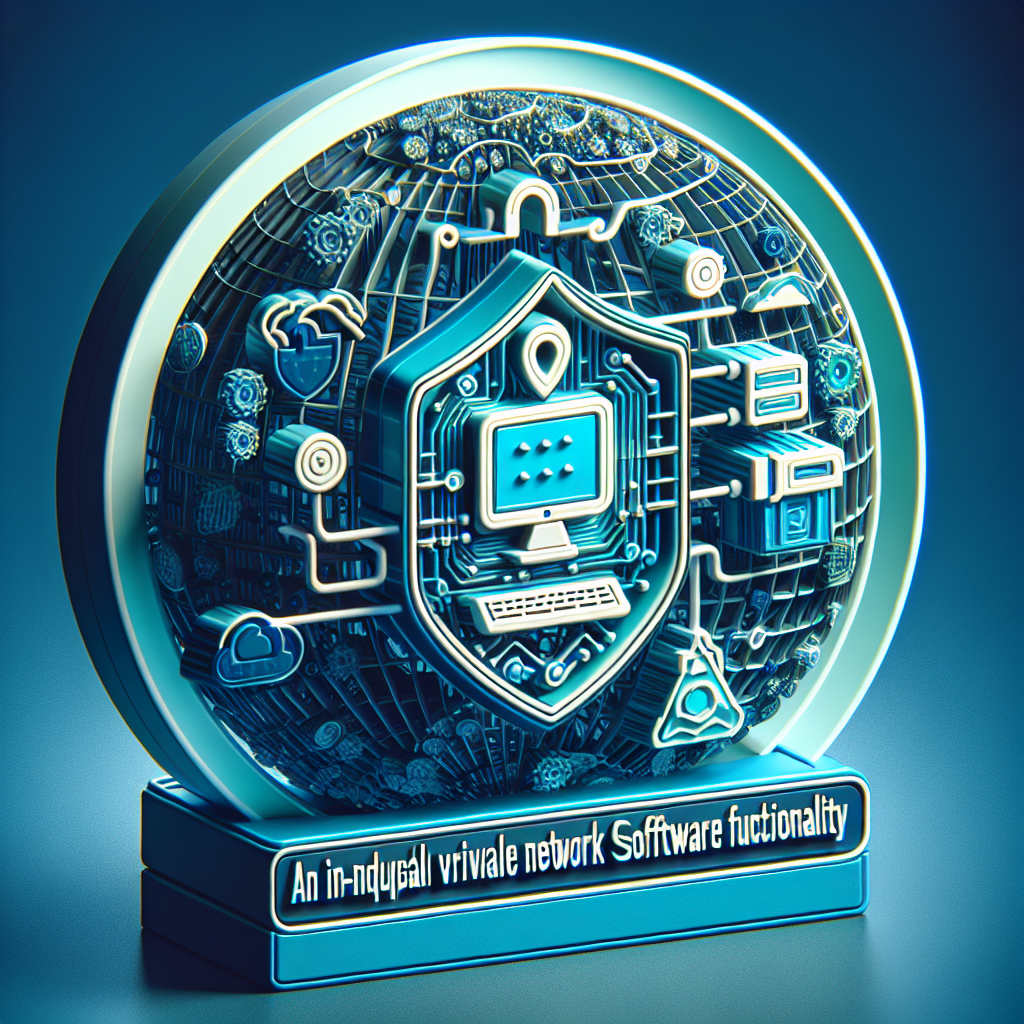In this digital era, securing your online activities is crucial. With increasing data breaches and information theft instances, the importance of online privacy cannot be overstated. Herein we delve deep into the domain of Virtual Private Networks (VPNs), and examine their functionality and significance in securing our online presence.
Understanding a VPN
A VPN is a service that allows you to create a secure connection to another network over the internet. It serves to shield your browsing activity from prying eyes on public Wi-Fi, and more.
WEB Functionality of VPN
The fundamental operation of a VPN involves routing your internet connection through the VPN’s private server rather than your internet service provider (ISP). This implies that when your data is transmitted to the internet, it emanates from the VPN rather than your computer. A VPN acts as a middleman between your personal computer and the internet.
Security in a VPN
One of the main reasons why people employ VPNs is to secure their internet traffic. When you connect to the internet over a VPN, your data is encrypted. It means all data sent and received is unreadable to everyone except the user’s computer and the VPN server.
This secure shield is highly valuable, especially when using public Wi-Fi networks, which are prevalent grounds for malicious parties keen on viewing your web traffic. With a VPN, the only visible surfing activity to your ISP is that you’ve connected to a VPN server. Everything else is securely encrypted.
Privacy and Anonymity
A VPN provides a level of anonymity by hiding your real IP address. Websites you visit will only see the IP address of the VPN server, not your real one. This enables your browsing activity to remain anonymous and private.
A VPN and Geo-blocking
Sometimes, certain digital content might be geographically restricted. With a VPN, you can bypass these geographical restrictions, commonly known as ‘geo-blocking’, by connecting to a VPN server located in a country where the content is accessible.
Choosing a VPN
With myriad VPNs available in the market, selecting the right one can be challenging. Every VPN provider has different servers located in different parts of the world, and these servers vary in terms of speed and security. When choosing a VPN, aspects to consider include your budget, the VPN’s security features, how much privacy the VPN offers (does it log your data?), the number of servers it offers and their locations – more servers often imply better speed, and the VPN’s compatibility with different operating systems.
Overall, a VPN provides a robust layer of security and anonymity to your online activity. It empowers you to surf the web securely, privately and freely. Each individual has unique online habits and needs, hence it’s vital to do your homework before choosing a VPN that aligns with your specific requirements.
- Does a VPN guarantee 100% security and privacy?
- Can I use a VPN for unlawful activities?
- Do all VPNs keep logs?
- Can I use a VPN to access Netflix?
- Does a VPN slow down internet speed?
No, a VPN significantly boosts your online security and privacy but it doesn’t make you invincible. It’s essential also to practice good online habits, such as avoiding suspicious links and keeping software updated.
Definitely not. A VPN is meant to enhance privacy and security – it’s not a license to engage in illegal activities.
Not all, it depends on the VPN service provider’s privacy policy. There are ‘no-logs’ VPNs that don’t keep track of your internet activity.
Yes, using a VPN can help bypass geo-restrictions imposed by streaming services like Netflix, but using a VPN to access content available in other countries may violate their terms of service.
Typically, yes. Because your data traffic gets routed via the VPN server, it can affect your internet speed. However, a high-quality VPN can reduce this impact significantly.

